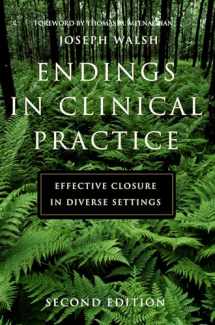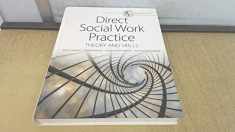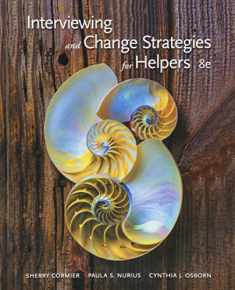
Endings in Clinical Practice, Second Edition: Endings in Clinical Practice, Second Edition
Book details
Summary
Description
Effective endings ensure that intervention gains continue after the therapeutic relationship ends. Joseph Walsh relates this critical topic to all practitioners through his use of diverse settings, detailed coverage of clinical endings, and extensive case illustrations that make the content concrete, practical, and accessible. Walsh takes a multi-setting and multi-theoretical approach to the often-overlooked topic of endings in clinical practice.
Endings in Clinical Practice is organized into three parts. The first part covers types of endings in clinical practice, both planned and unplanned; the importance of closure; and common endings tasks across fields of practice. Part Two outlines theoretical perspectives on endings especially pertinent to advanced practitioners. The final section considers a variety of specific clinical ending situations and the ways in which clients and practitioners may react to them.


We would LOVE it if you could help us and other readers by reviewing the book
Book review





